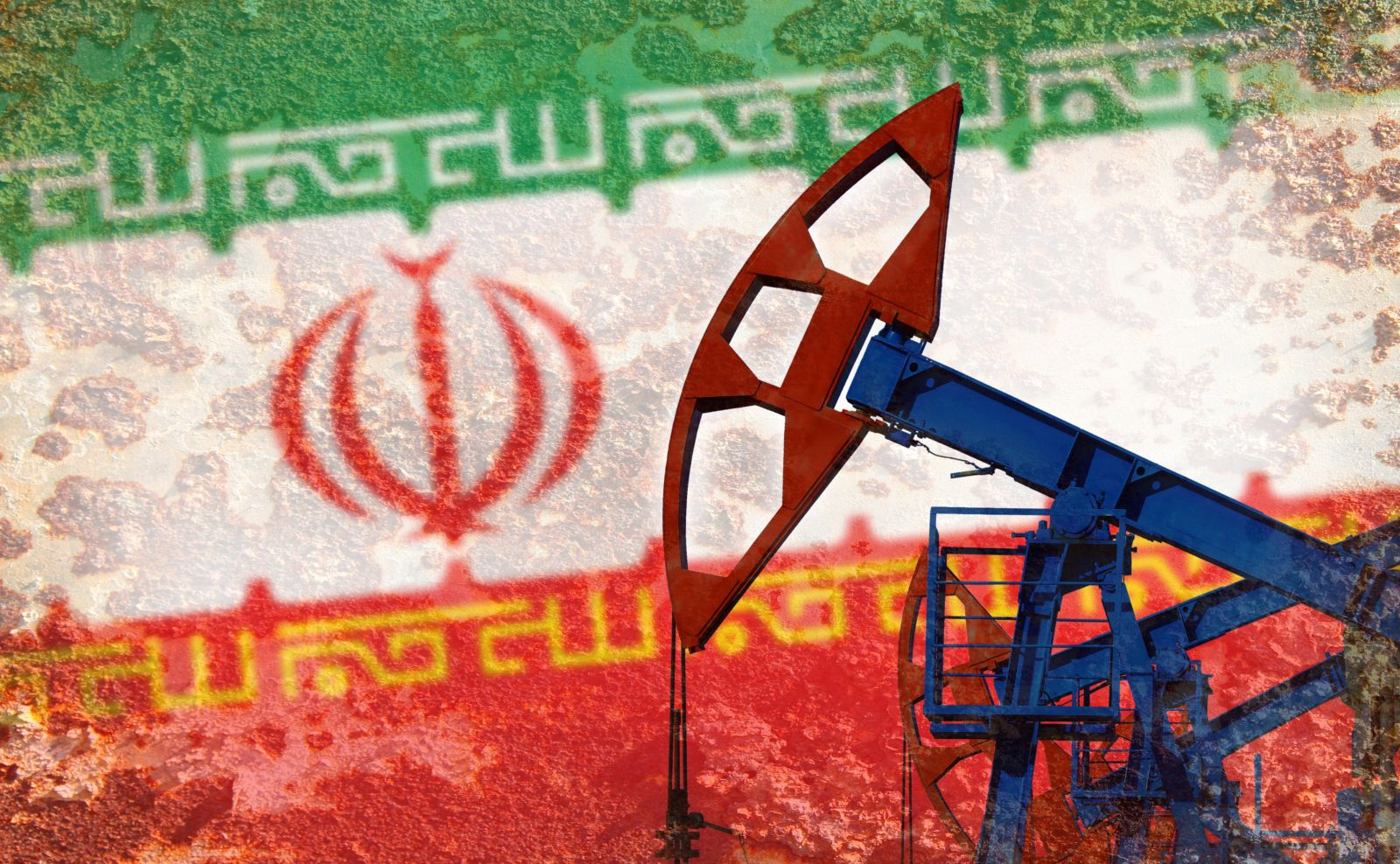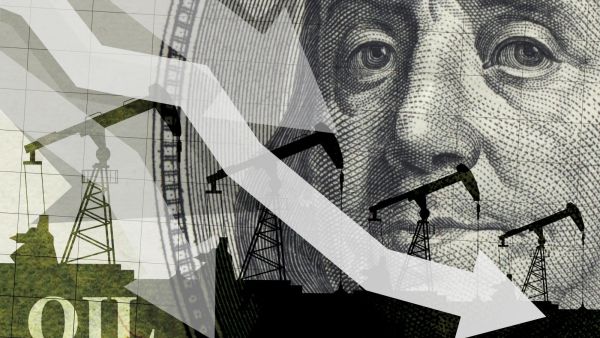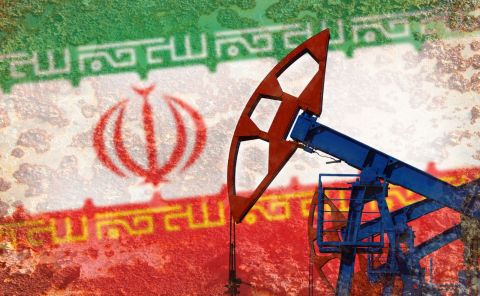ALBAWABA – Oil prices slipped on Thursday on economic uncertainties surrounding China’s sluggish recovery as Saudi Arabia hiked price offerings for the Asia and United States (US) markets.
Brent crude futures fell $0.42 cents to $90.18 a barrel by 1029 GMT, according to Reuters, while West Texas Intermediate crude (WTI) futures fell $0.52 cents to $87.02.
Both benchmarks had spiked earlier in the week after Saudi Arabia and Russia extended voluntary supply cuts to the end of the year. These cuts came on top of the reductions agreed by several members of OPEC+, the organization of petroleum exporting countries and its allies, back in April.
Brent crude futures traded at prices as high as $90 on the barrel, while some traders reportedly offered $100 per barrel, according to Bloomberg.
WTI fell toward $87 a barrel after posting nine daily gains, which is the longest stretch of gains since January 2019.
Meanwhile, state-owned Saudi Aramco raised its flagship Arab Light price to Asia in October by $0.10 to $3.60 a barrel above the benchmark, as reported by Bloomberg. And for US-bound supplies, Saudi Arabia also raised prices for all grades by $0.20 on the barrel to a record high.

China oil imports from Iran are expected to reach years-long high this year - Shutterstock
On the demand side, the industry-funded American Petroleum Institute reported that crude inventories fell by 5.5 million barrels last week, an unnamed source told the New York-based news agency. The breakdown also recorded a drop in oil holdings at the key Cushing, Oklahoma storage hub, as well as a big decline in gasoline stockpiles.
In the meantime, overall China exports fell 8.8% in August year-on-year and imports contracted 7.3%, whereas crude imports surged 30.9%, according to Reuters.
This mixed bag of data from China paints a contradictive picture of receding demand and a contracting economy on one side and growing demand for oil specifically on the other.
In any way, speculations about Iran and Venezuela boosting oil output and exports, which could offset Saudi and Russian cuts, kept a cap on the market as well.









